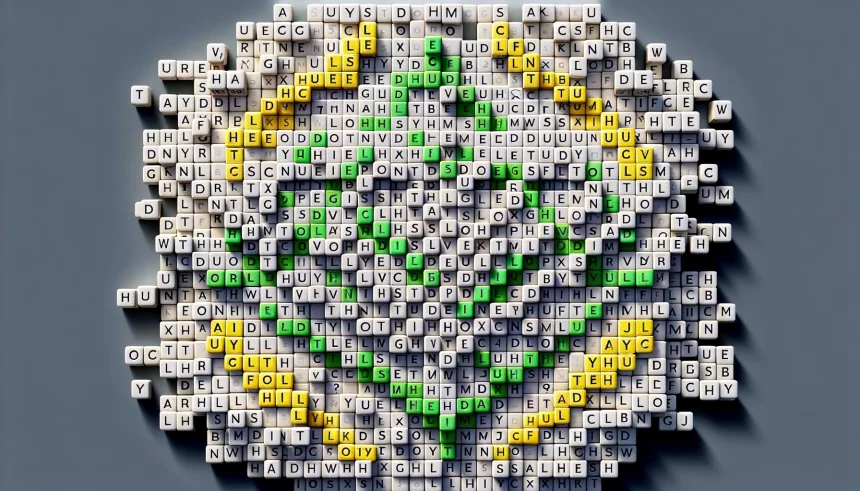Anticipation continues to grow among daily Wordle players, as each puzzle delivers a blend of challenge and routine. On June 21, users encountered a puzzle that left even seasoned participants grappling with ambiguous hints and tricky letter placements. Many have found these moments highlight the appeal and frustration of Wordle, reflecting its enduring presence in digital culture. Regular engagement with puzzles like Wordle not only entertains, but also sharpens lexical thinking and pattern recognition skills day by day.
Reports from earlier this year have focused on the incremental difficulty of Wordle’s daily words and the strategies enthusiasts use to maintain their streaks. While tips and opening word strategies have consistently surfaced as advice, the core mechanics have seen little alteration since The New York Times acquired the brand. Community sentiment remains interested in the balance between challenging and accessible puzzles, and recent days have showcased a mix of novel words and simpler selections, keeping players on their toes.
How Did the June 21 Puzzle Engage Players?
On June 21, the five-letter solution “GLADE” presented users with a puzzle structure focused on a specific environmental term, commonly defined as a grassy clearing in a forest. Despite offering no repeated letters and being free of commonly doubled consonants, the word required careful deduction, especially for those unfamiliar with the term. Players often remarked that misleading yellow letters complicated the process, resulting in prolonged problem solving. One participant reflected,
“Every new row turned out to be wrong in a different way, upending everything I thought I was working towards.”
What Techniques Did Players Utilize for the Puzzle?
Optimal strategies observed during this puzzle included beginning with initial guesses containing both vowels and consonants, such as “ARISE”, a word frequently cited in the Wordle community. Users refined their chances by ensuring their second attempt included letters not previously guessed, maximizing their information gain. Many players avoided repeating letters in early attempts, recognizing that distinct letter combinations yielded better clues on subsequent rounds. Guidance from longstanding tips encouraged participants to step away and reassess if they reached an impasse, echoing approaches similar to traditional crossword puzzling.
Which Words Influenced Solving Approaches Recently?
Recent Wordle solutions played a substantial role in shaping guessing tactics for June 21. Answers such as “TAUPE,” “CURIO,” and “QUAIL” introduced varied structures, prompting users to adjust their opening words and strategies. Lists of previous answers enabled players to quickly eliminate reused words or less likely combinations, supporting a more analytical approach to each day’s challenge. The dynamic between new and recurring answers has continued to motivate both experimental and methodical guessing among enthusiasts.
Introduced by Josh Wardle, Wordle has persisted as a top choice for those seeking quick daily wordplay and vocabulary practice. Since its acquisition by The New York Times, the game’s format has remained stable, supporting consistent engagement. Alternative games inspired by Wordle now branch into various themes, but the original’s core simplicity endures. As digital puzzles maintain their popularity, Wordle’s daily puzzle acts as both a familiar and reliably engaging part of many users’ routines.
For those aiming to succeed, incorporating varied consonants and vowels in starting guesses, regularly reviewing past answers, and taking thoughtful pauses all contribute to more effective play. “GLADE” on June 21 exemplifies the game’s ability to blend lexical challenge with straightforward mechanics, offering lessons applicable to future puzzles as well as general problem-solving activities. Players who refine their analytical techniques, explore word frequency lists, and approach each game with patience will likely experience continued satisfaction from the daily Wordle puzzle, regardless of difficulty or word choice.
- Wordle’s June 21 answer was “GLADE”.
- No repeated letters appeared in this solution.
- Effective strategies focus on vowel-consonant mixes in guesses.










